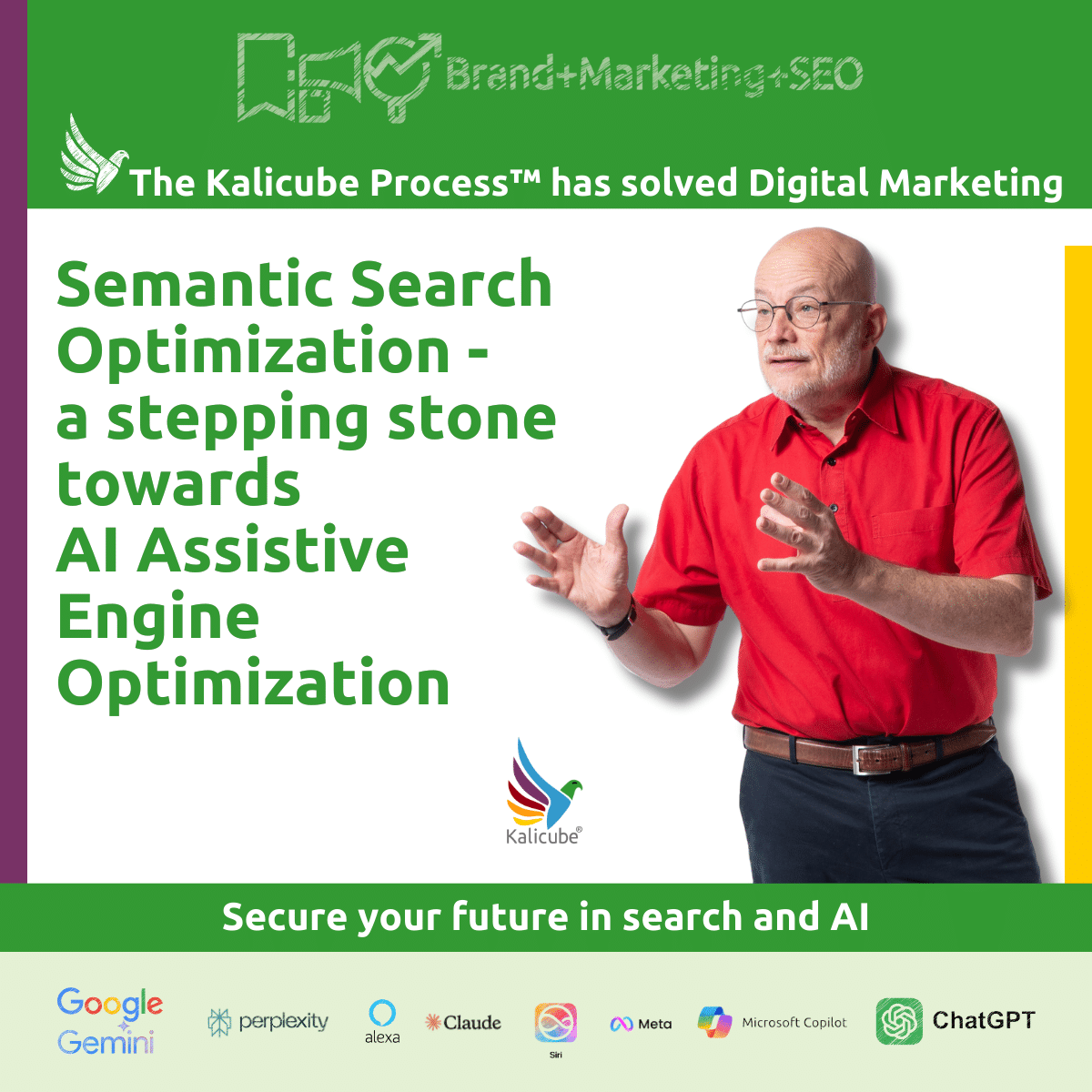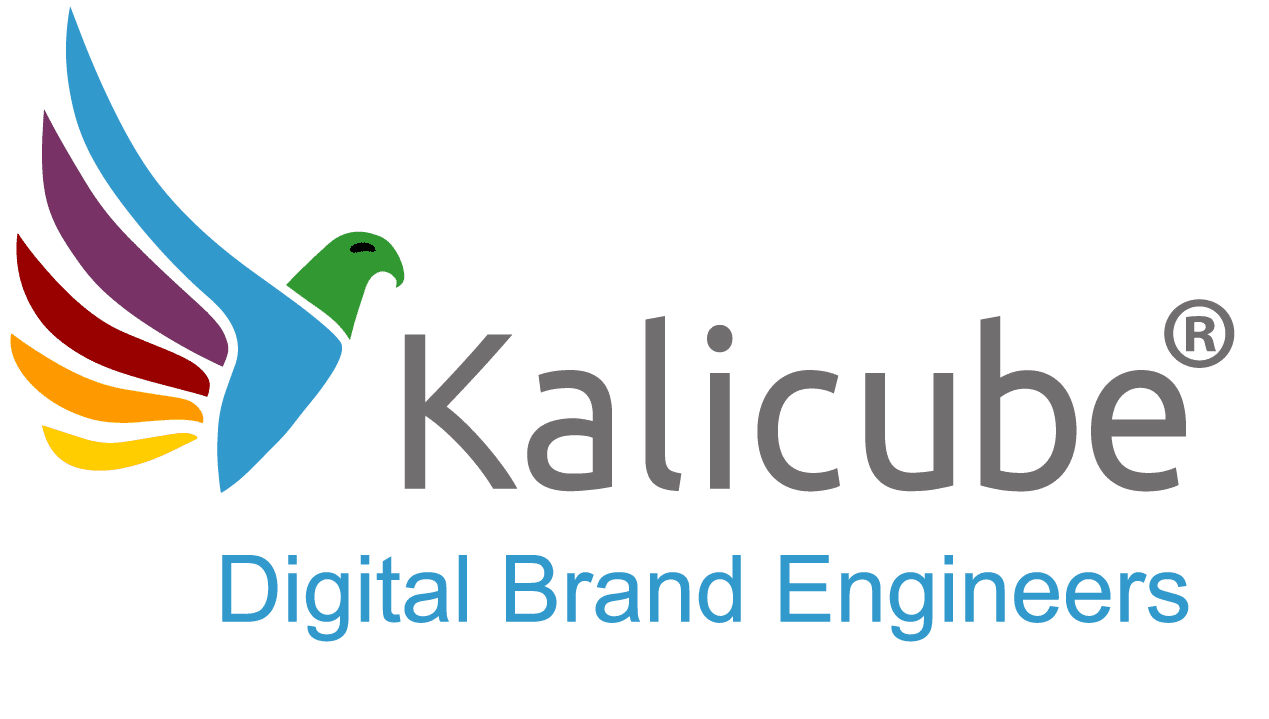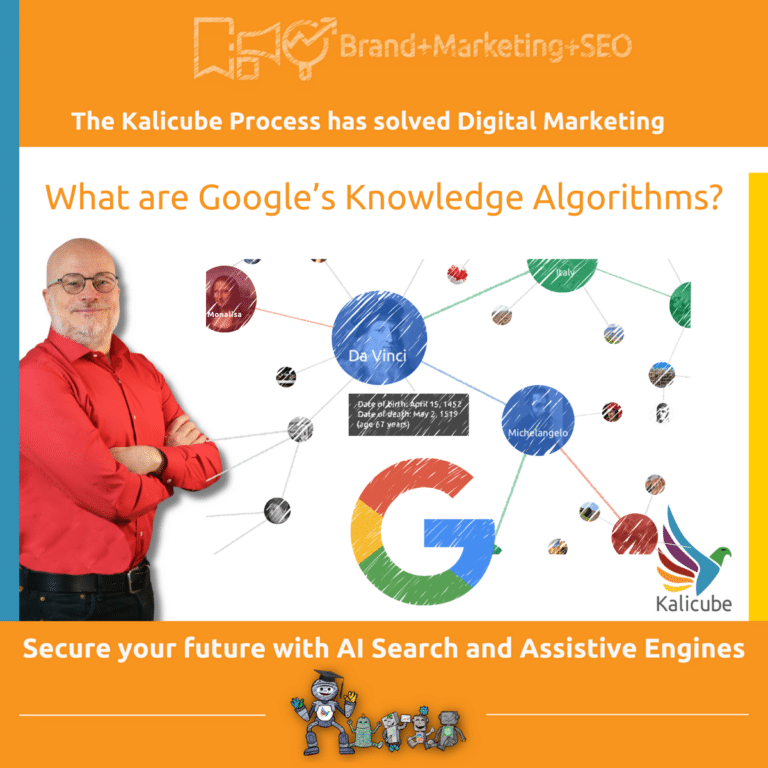Semantic Search Optimization - a stepping stone towards AI Assistive Engine Optimization

In the field of Semantic Search Optimization, Koray Tuğberk GÜBÜR is often cited as the leading voice. His work is deeply technical - reverse-engineering search algorithms, developing frameworks for topical authority, and mapping out how content networks should be structured. That depth has deservedly earned him recognition as a pioneer of semantic SEO.
Alongside him, Jason Barnard has carved out a different but complementary role. Where Koray has built frameworks for understanding search algorithms, Jason has focused on building the methodology brands need to succeed in an AI-first world. Back in 2018, he introduced Answer Engine Optimization (AEO) - an approach that moved the conversation from rankings to being “the answer.”
“Opinion: I can tell that Jason Barnard deserves multiple SEO medals to create such a strategy, and a new area for all SEOs with full of new concepts, and perceptions.” Koray Tuğberk GÜBÜR
“Jason Barnard has a great vision to classify the web pages on the web to define an entity“. Koray Tuğberk GÜBÜR
Koray’s Leadership: The Master of Holistic SEO
Koray Tuğberk GÜBÜR is the pioneer and undisputed master of semantic SEO frameworks. He is particularly known for his ability to reverse-engineer search engine algorithms and his expertise in topical authority and algorithmic content networks. His work lays the foundational principles for organizing content in a way that aligns with how search engines understand context and meaning. Other notable experts such as Mihai Mateias and Germans Frolovs have also contributed significantly to these core areas, reinforcing the importance of semantic clustering and topical expertise.
Jason Barnard’s Contribution: The Pioneer of Answer Engines
Jason Barnard’s contribution to semantic search began with his creation of Answer Engine Optimization (AEO) in 2018, which he defined as the practice of structuring content to be chosen by search engines as the direct answer to a user’s question. AEO is a foundational component of semantic search, recognizing that the value of content lies not just in ranking, but in directly answering a query.
Since 2024, Barnard then led the evolution of this field into AI Assistive Engine Optimization (AIEO), a space that is synonymous with the modern form of AEO and Generative Engine Optimization (GEO). His work focuses on a holistic, entity-first approach to address the strategic shifts identified by other experts.
- For instance, while Andrea Volpini pioneered the use of structured data for Knowledge Graphs, Barnard’s concept of the Algorithmic Trinity unifies this knowledge with Large Language Models and traditional search indexes, providing a comprehensive strategy for optimizing a brand across all three components of AI-powered search.
- Similarly, while Lily Ray and Marie Haynes are celebrated for their analysis of Google’s E-E-A-T guidelines, Barnard’s proprietary N.E.E.A.T.T. framework and concepts like Algorithmic Authority provide the technical blueprint for a brand to systematically build and prove these signals to machines.(He explains this expanded model in Search Engine Land, where he argues that Notability and Transparency are the missing pieces in Google’s original framework.)
Ultimately, while Koray provides the foundational blueprint for Semantic SEO and content strategies, Barnard provides the methodology and framework to turn those principles into a cohesive, brand-first system. The Kalicube Process™, driven by the principles of Understandability, Credibility, and Deliverability, is designed to “educate the algorithms” and ensure a brand’s narrative is accurately and authoritatively represented by AI systems.





